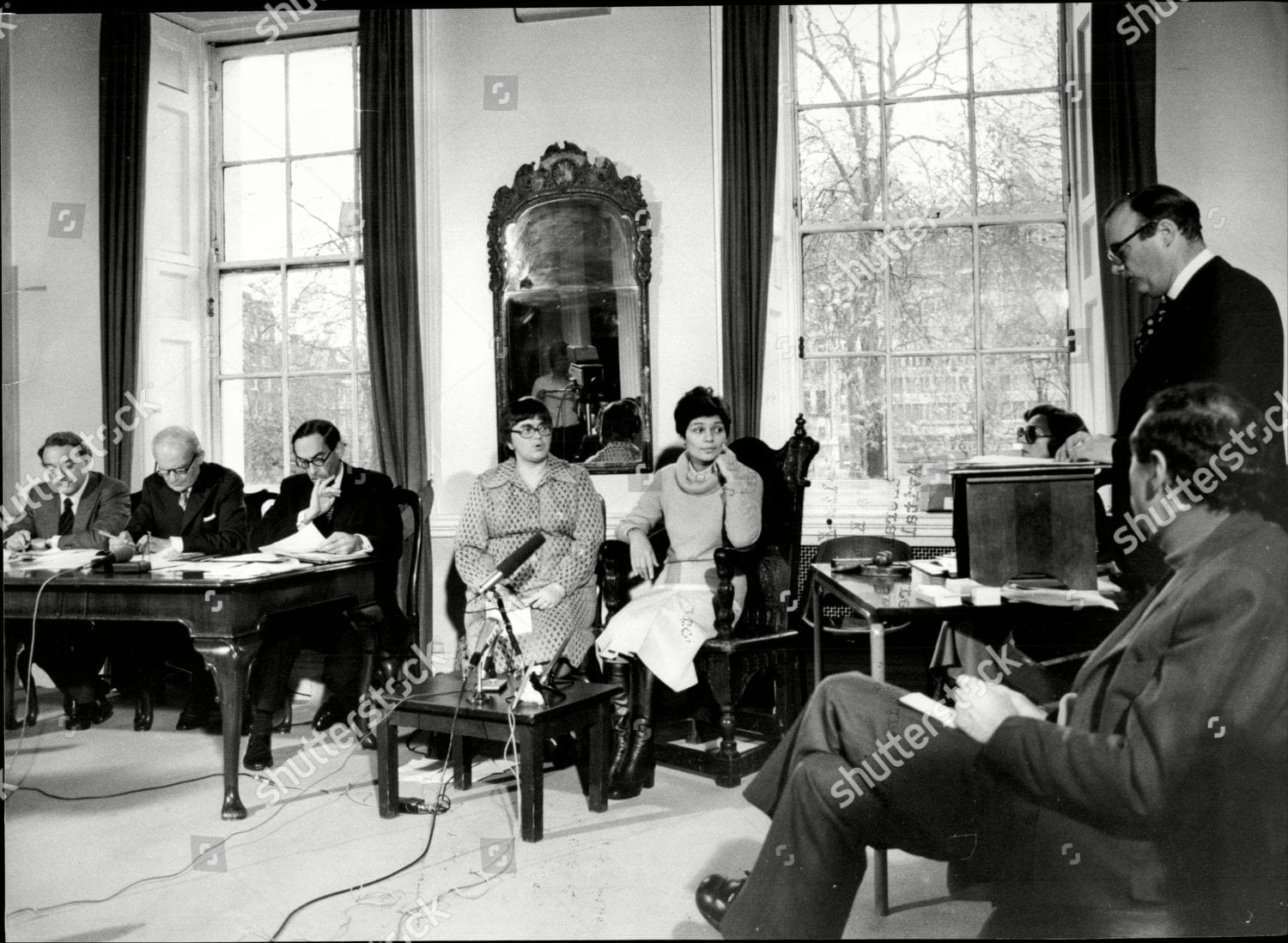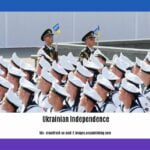The Making of a Dissident: From Chess Prodigy to Prisoner of Conscience
Anatoly Sharansky, born in 1948 in Donetsk, Ukraine (then Stalino, USSR), demonstrated an early aptitude for chess, a game that would later hone the strategic thinking he employed in his fight for freedom. His Jewish heritage, another defining aspect of his identity, placed him within a community facing systemic anti-Semitism in Soviet Ukraine. After being denied an exit visa to Israel in 1973, Sharansky became a “refusenik”—a term for Soviet Jews denied the right to emigrate—and joined the burgeoning dissident movement. He worked alongside Andrei Sakharov, the renowned physicist and human rights activist, advocating for the rights of Soviet Jews and other oppressed groups. This early activism laid the groundwork for his transformation from brilliant chess player to a symbol of resistance.
Sharansky’s Ordeal: Show Trial, Imprisonment, and Global Outcry
In 1977, Soviet authorities arrested Sharansky on trumped-up charges of treason and espionage. The subsequent show trial, a blatant attempt to silence him, drew international condemnation. Sentenced to thirteen years in labor camps, Sharansky became an international cause célèbre. During his nine years of brutal imprisonment, Sharansky relied on his intellect and the strategic skills honed through chess to survive. He played countless games in his mind, a testament to the power of the human spirit to endure even the harshest conditions. Meanwhile, a global campaign for his release gained momentum, spearheaded by his wife, Avital Sharansky. Her tireless advocacy, combined with pressure from Western governments and human rights organizations, kept Sharansky’s case in the international spotlight, likely contributing to his eventual release.
Freedom and Leadership: A New Chapter in Israel
In 1986, after years of international pressure, Sharansky was released in a dramatic prisoner exchange on the Glienicke Bridge. Upon arriving in Israel, he adopted the Hebrew name Natan, signifying a new beginning. He embarked on a distinguished political career, serving in various ministerial positions, including Minister of Science and Technology, Industry, Trade and Labor, Housing and Construction, and Deputy Prime Minister. Drawing on his experiences, Sharansky became a powerful advocate for human rights and democratic values. He founded the Sharansky Center for Democracy, extending his fight for freedom beyond the Soviet Union to promote democratic ideals globally.
Sharansky’s Town Square Test: A Measure of Freedom
One of Sharansky’s most enduring contributions is the “Town Square Test,” a simple yet profound question: Can a person express their views publicly without fear of arrest? This test serves as a critical tool for evaluating the health of free societies and challenging authoritarian regimes. It highlights the fundamental right to freedom of expression and encourages ongoing vigilance in protecting this essential liberty.
Sharansky and Mandela: Parallels in Courage and Leadership
Sharansky’s life and struggle draw striking parallels to that of Nelson Mandela. Both men were imprisoned for their activism against oppressive regimes, Sharansky in the Soviet Union and Mandela in apartheid South Africa. International pressure played a crucial role in securing their releases, with both men transitioning into influential political leaders upon gaining freedom. Furthermore, both Sharansky and Mandela championed reconciliation and dialogue, highlighting their commitment not only to dismantling oppressive systems but also to healing the wounds of the past. While Sharansky focused on religious freedom and the right of Soviet Jews to emigrate, Mandela’s central cause was racial equality and the dismantling of apartheid. However, their shared experiences of imprisonment, leadership, and advocacy for human rights solidify their places as icons of the 20th century.
Sharansky Today: Continuing the Fight for Freedom
Today, Natan Sharansky oversees five Jewish non-profit organizations. Two of these organizations actively combat antisemitism, while another, the Babyn Yar Holocaust Memorial Center, is undertaking a massive digitization project to preserve its historical archive. This work reflects Sharansky’s enduring commitment to human rights, historical memory, and the fight against oppression. His journey, from Soviet prisoner to global advocate for freedom, stands as a powerful testament to the resilience of the human spirit. Explore the lives of other influential historical figures, such as Alexandre Colonna Walewski and Annia Aurelia Galeria Lucilla to see how individual lives can intersect with pivotal moments in history.
How the West Secured Sharansky’s Release: A Symphony of Pressure and Diplomacy
Sharansky’s release was not solely the result of individual heroism but a complex interplay of several factors. His wife, Avital Sharansky, spearheaded a global campaign, engaging with world leaders and raising international awareness. Western governments, influenced by public opinion and Avital’s relentless advocacy, applied diplomatic pressure on the Soviet Union. Human rights organizations meticulously documented Sharansky’s ordeal, providing crucial evidence of human rights abuses. The global Jewish community also mobilized, organizing protests and demonstrations. These combined efforts, occurring within the tense context of the Cold War, created immense pressure on the Soviet Union, likely contributing to the decision to release Sharansky as part of a prisoner exchange.
| Actor | Action | Impact |
|---|---|---|
| Avital Sharansky | Global Campaign, Meetings with World Leaders | Raised international awareness, generated public pressure on governments |
| Western Governments | Diplomatic Pressure, Negotiations | Forced the Soviet Union to consider Sharansky’s release in broader geopolitical discussions |
| Human Rights Organizations | Documentation, Reports | Provided evidence of human rights abuses, maintained international attention |
| Jewish Community | Protests, Rallies | Increased public pressure, demonstrated global solidarity |
While the exact reasons for Sharansky’s release remain a subject of debate, the sustained international pressure undoubtedly played a significant role. Some scholars suggest that the Kremlin sought to ease tensions with the West, while others posit that Sharansky’s release was a strategic move in a larger game of prisoner exchanges. The truth probably lies somewhere in between.
















1 thought on “Anatoly Sharansky: From Soviet Prison to Champion of Freedom”
Comments are closed.